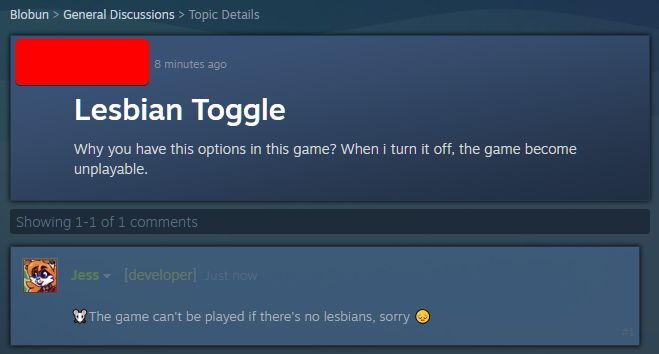

I’d hardly call $50 games “budget titles.” Is paying $30 for a meal at a steakhouse a budget meal just because that high-class $50 a plate reservation-only place exists?
I agree that price doesn’t equal quality, but I don’t feel so good about trying to normalize AAA $50 games as “budget titles.” And the link to the article is broken, so I am not sure what the greater context and points of the article are.






The executives, investors and accountants making the decisions that are ruining games are not millenials.